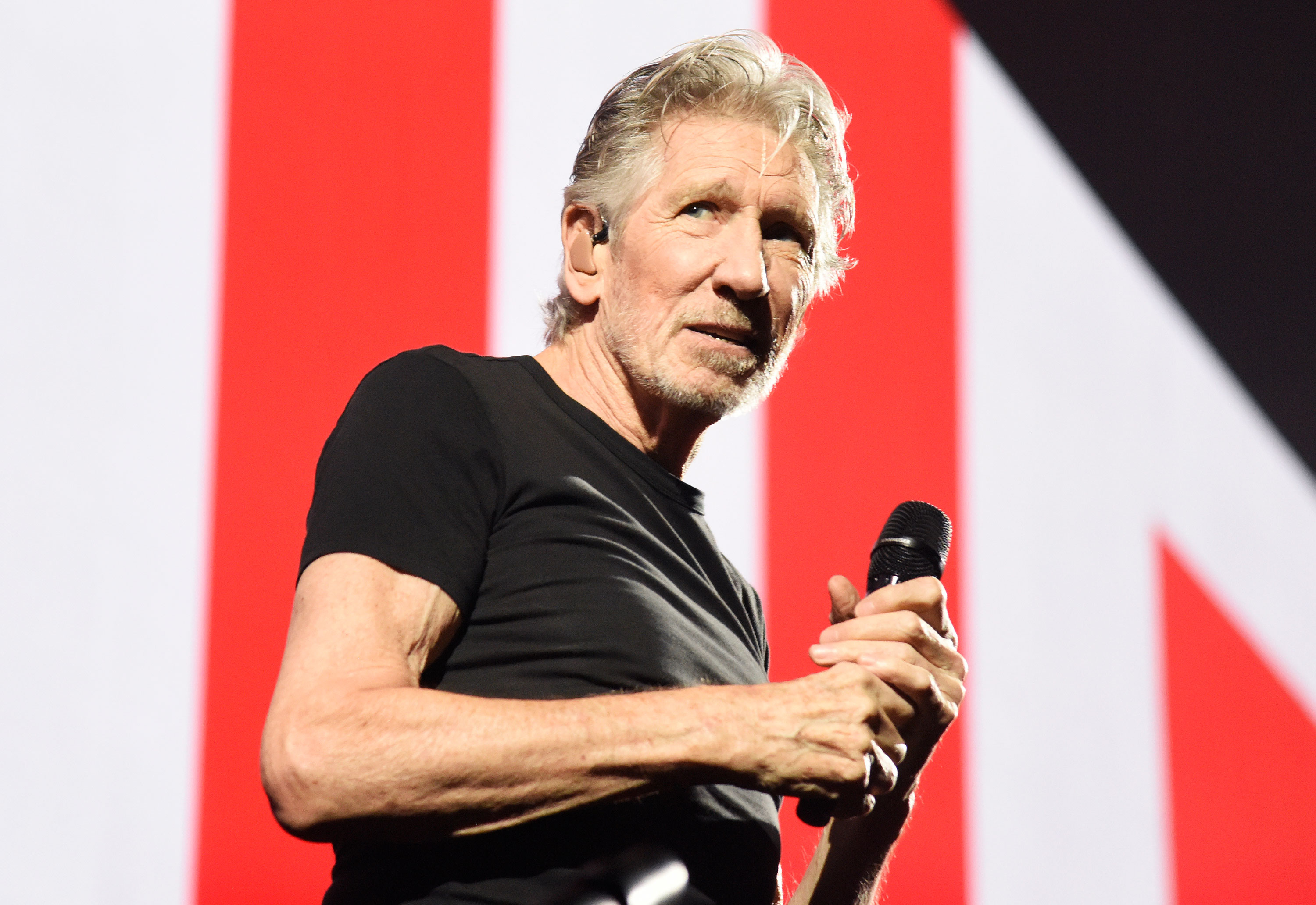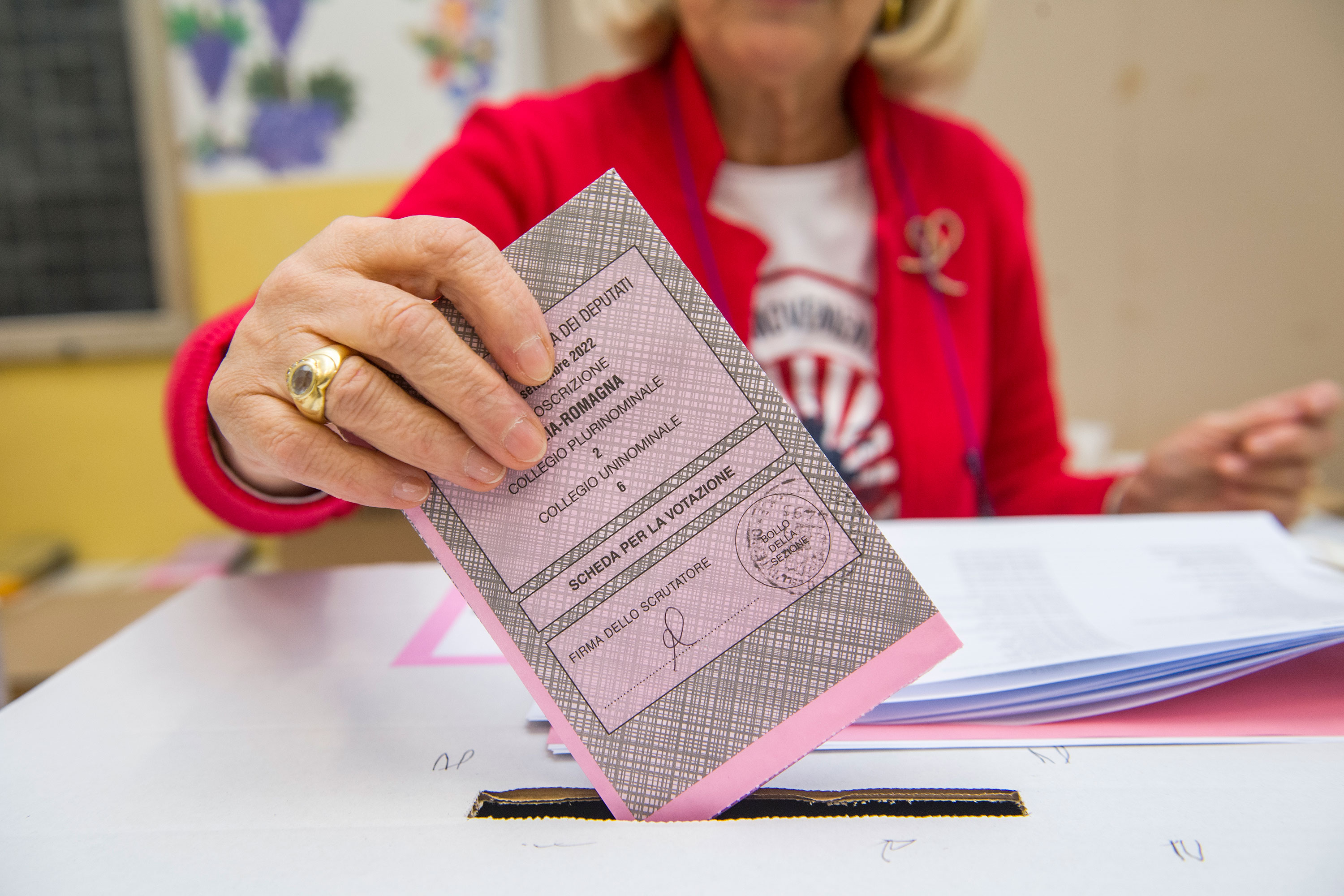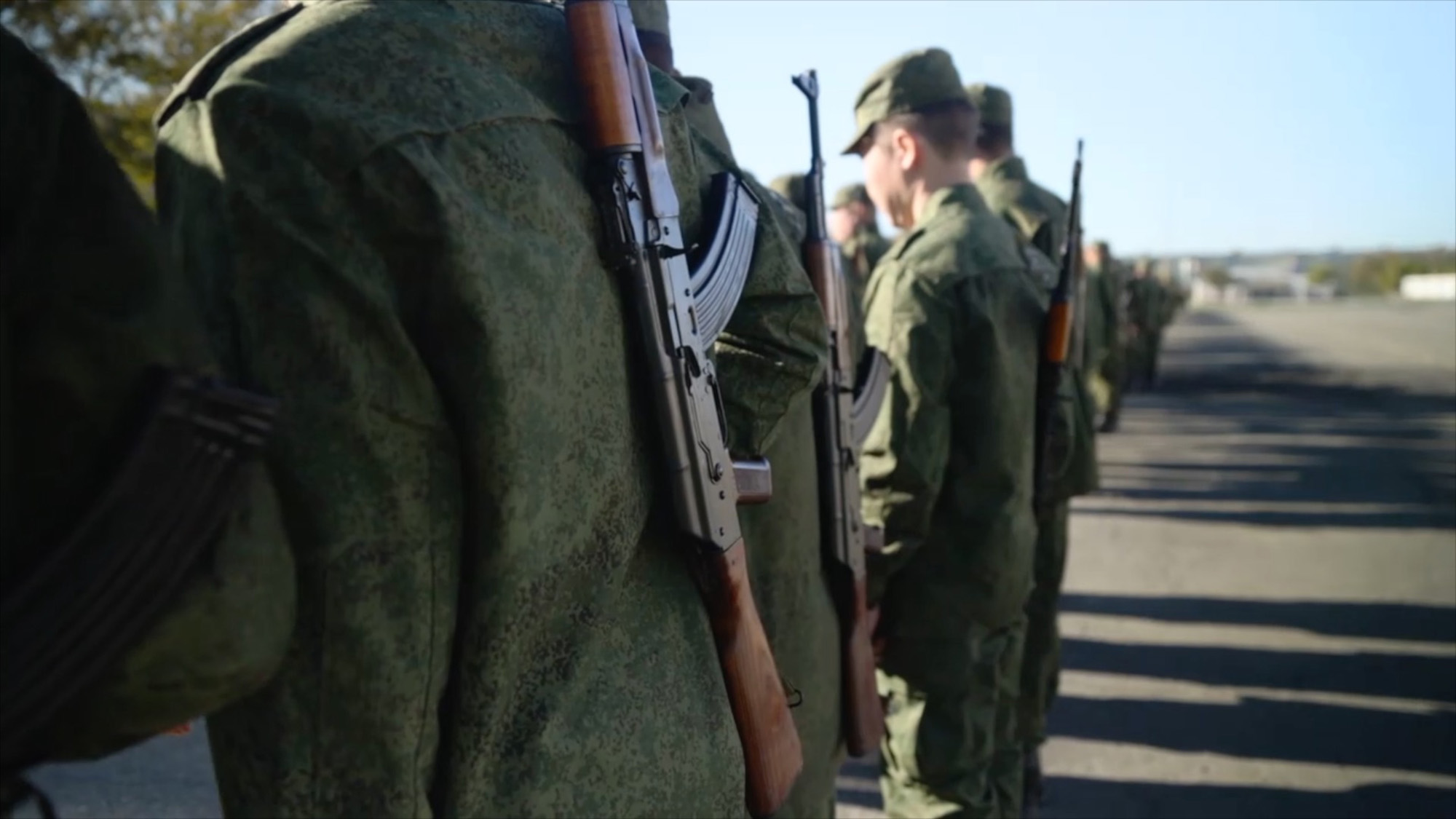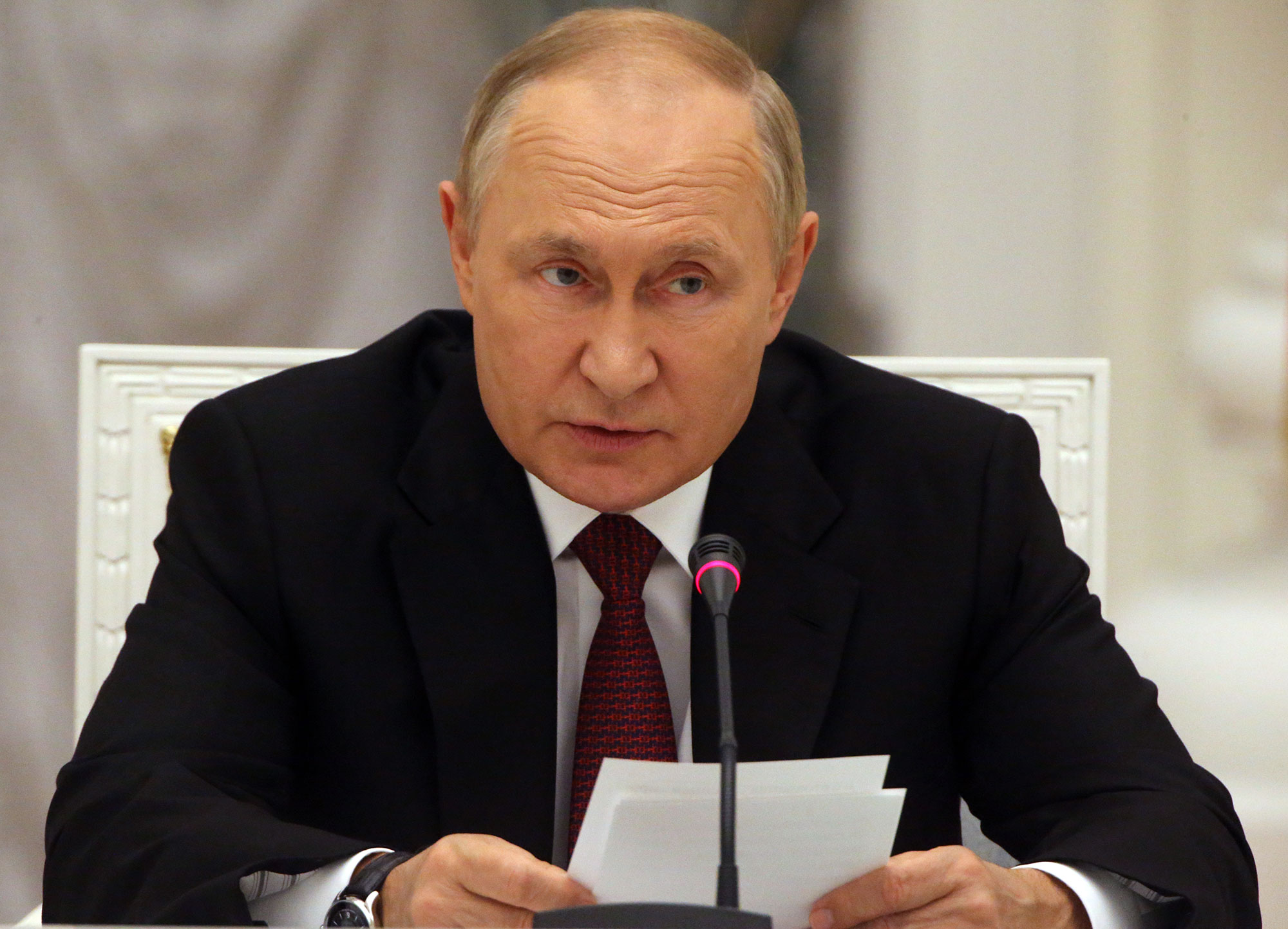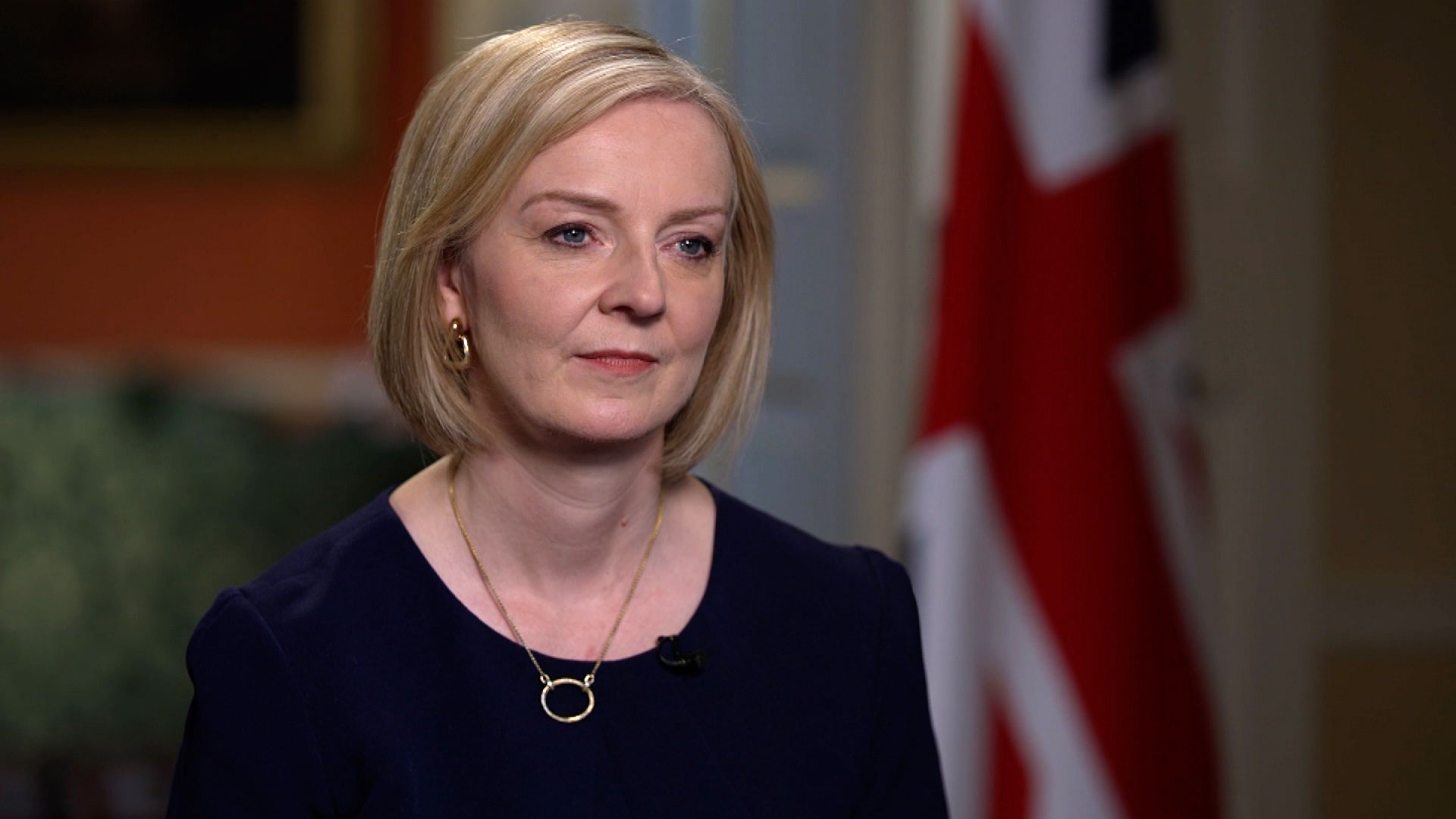
Vladimir Putin’s announcement of increased military conscription to bolster Moscow’s invasion of Ukraine shows the Russian President “has been outsmarted” by Kyiv, UK Prime Minister Liz Truss told CNN in an exclusive interview.
The new British leader, who takes power at a time of historic upheaval, told CNN’s Jake Tapper on “State of the Union” that Putin had ordered an immediate military escalation “because he isn’t winning.”
“He made a strategic mistake, invading Ukraine,” Truss said in her first interview with a US network, which aired Sunday.
“I think he has been outsmarted by the Ukrainians. We’ve seen the Ukrainians continue to push back against the Russian offensive. And I think he didn’t anticipate the strength of reaction from the free world.”
Truss, who faces perhaps the biggest set of challenges of any incoming British prime minister since Winston Churchill, met with US President Joe Biden on Wednesday.
In a subsequent interview at 10 Downing Street, she told CNN that Washington “is an incredibly close partner” but did not roll back controversial comments she made last year, while UK Foreign Secretary, in which she described the US-UK relationship as “special but not exclusive.”
“I do think our relationship is special and it’s increasingly important at a time when we’re facing threats from Russia, increased assertiveness from China. You know, we are both freedom-loving democracies. We have such a strong connection,” she told Tapper.
When asked how Western leaders should respond if Putin ramps up military activity in Ukraine, Truss said they “should not be listening to his saber-rattling and his bogus threats.”
“Instead, what we need to do is continue to put sanctions on Russia and continue to support the Ukrainians.”
Read more here.




